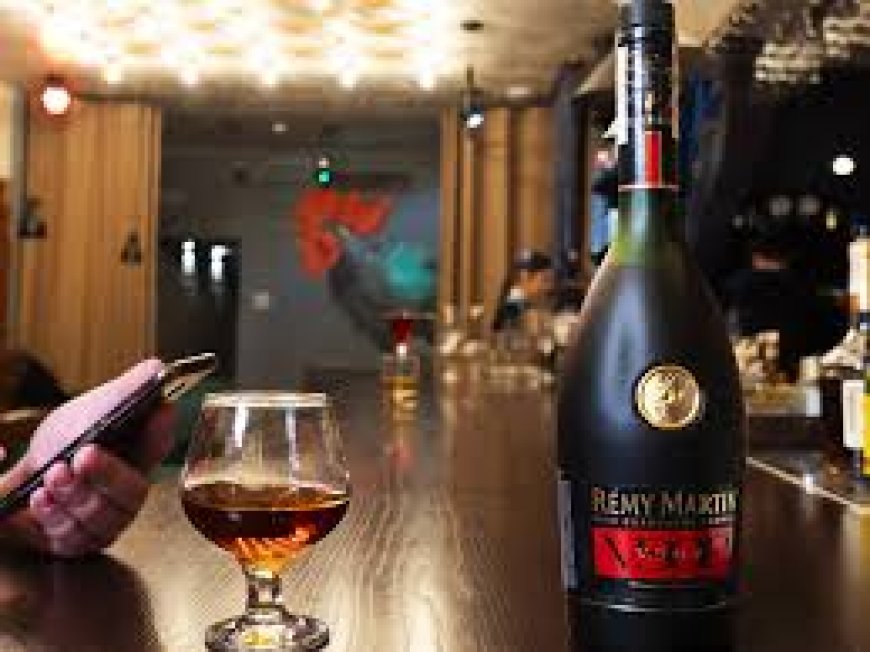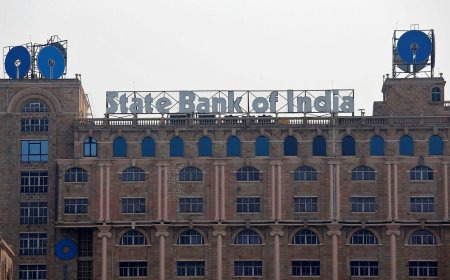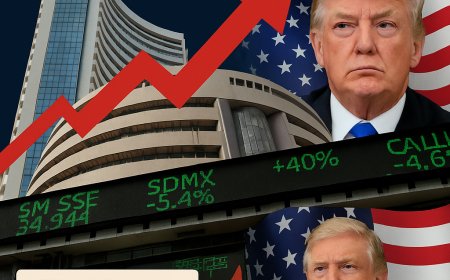China exempts major EU brandy makers from anti-dumping duty
In a significant move to ease EU-China trade tensions, Beijing has exempted major European brandy producers from anti-dumping duties. Analysts view it as a diplomatic win and a boost for global spirits markets.

Beijing/Brussels, July 4, 2025 — In a move signaling easing trade tensions with Europe, China has officially announced that it will exempt major European brandy producers from its recently proposed anti-dumping tariffs. The decision, effective immediately, follows months of diplomatic back-and-forth and is widely seen as a sign of growing efforts to stabilize EU-China economic relations amid broader global trade uncertainties.
Background: A Boiling Trade Dispute Cools Down
Earlier this year, China launched an anti-dumping investigation into European brandy imports, particularly from France, accusing exporters of selling below market value and damaging domestic producers. The probe was widely interpreted as retaliatory after the EU imposed provisional tariffs on Chinese electric vehicles, citing unfair subsidies.
At stake were billions of euros in high-end brandy exports, particularly from France’s Cognac region. The European Union is the largest brandy exporter to China, with annual shipments valued at over €1.2 billion. French companies like Rémy Cointreau, Pernod Ricard, and Hennessy (LVMH Group) stood to lose significantly had punitive duties been imposed.
The Exemption Decision: Strategic and Selective
China’s Ministry of Commerce said in a statement that it had “carefully assessed the cooperation level and market behavior of several EU brandy manufacturers and importers” and determined that certain firms would be excluded from final anti-dumping duties. Although the full list of exempted companies wasn’t disclosed publicly, multiple reports indicate that market leaders such as Hennessy, Martell, and Rémy Martin are among those receiving the exemption.
A spokesperson for the Ministry added:
"This decision reflects our commitment to fair trade and the positive attitude shown by certain European companies during the investigation process."
Market Reaction: Brandy Stocks Rise
Investors cheered the development. Shares of major French liquor companies surged following the announcement:
-
Rémy Cointreau rose 4.3% on the Paris Stock Exchange.
-
Pernod Ricard gained 2.8%, recovering from recent lows.
-
LVMH, owner of Hennessy, edged up 1.9%, buoyed by the news.
Analysts believe this exemption removes a major overhang on the European spirits sector, which has been facing a slowdown in China due to both macroeconomic and geopolitical factors.
"This is a welcome relief for French luxury and beverage exports," said Laurent Besse, an equity analyst at BNP Paribas. "The brandy segment is a major contributor to France's trade surplus with China. Avoiding these tariffs could preserve up to 30,000 jobs directly or indirectly linked to the industry."
Diplomatic Significance: A Signal to Brussels
The timing of the announcement is also being viewed through a geopolitical lens. China’s gesture follows a recent visit by EU Trade Commissioner Valdis Dombrovskis to Beijing, during which both sides emphasized the need to “rebuild mutual trust” and “avoid escalation in trade disputes.”
Analysts suggest this move could be part of a larger strategy by China to defuse trade tensions with Europe, especially as it faces growing economic pressure from the U.S. and internal structural challenges.
“Beijing understands that keeping the EU on neutral ground is strategically important. By sparing French brandy, they send a signal of goodwill without appearing weak,” said Yao Minghua, a trade policy expert at Tsinghua University.
Implications for the Broader Market
While the exemption benefits major players, smaller EU producers not on the list may still face duties. This creates a two-tier market, potentially consolidating the dominance of top-tier brands.
Furthermore, the move opens up room for reciprocal de-escalation from the EU side. Observers expect the European Commission to reassess its provisional tariffs on Chinese EVs ahead of the final deadline in November.
“Both sides are playing chess, not checkers,” said Helena Meunier, a senior EU trade analyst. “This exemption could pave the way for more behind-the-scenes negotiations on EVs, solar panels, and even green tech cooperation.”
Investor Outlook: Stability Returns
From an investor standpoint, the outlook is turning positive:
-
European spirits exporters are expected to see improved margins in China, which is a key growth market.
-
Luxury conglomerates like LVMH and Kering, although less directly affected, benefit from reduced trade risk.
-
Currency markets responded favorably, with the euro strengthening slightly against the yuan amid renewed confidence in EU-China trade dynamics.
“This exemption isn’t just about alcohol—it’s about tone, direction, and strategy in EU-China relations,” said James Wallace, Asia-Pacific strategist at Morgan Stanley. “For investors, fewer trade disruptions mean more predictable growth paths.”
China’s decision to exempt major EU brandy producers from anti-dumping duties marks a de-escalation in tit-for-tat trade actions that had threatened to spill into broader economic areas. With diplomatic doors reopening and investor sentiment improving, this episode may serve as a model for resolving future trade conflicts without full-blown confrontation.
What's Your Reaction?
 Like
0
Like
0
 Dislike
0
Dislike
0
 Love
0
Love
0
 Funny
0
Funny
0
 Angry
0
Angry
0
 Sad
0
Sad
0
 Wow
0
Wow
0












































































